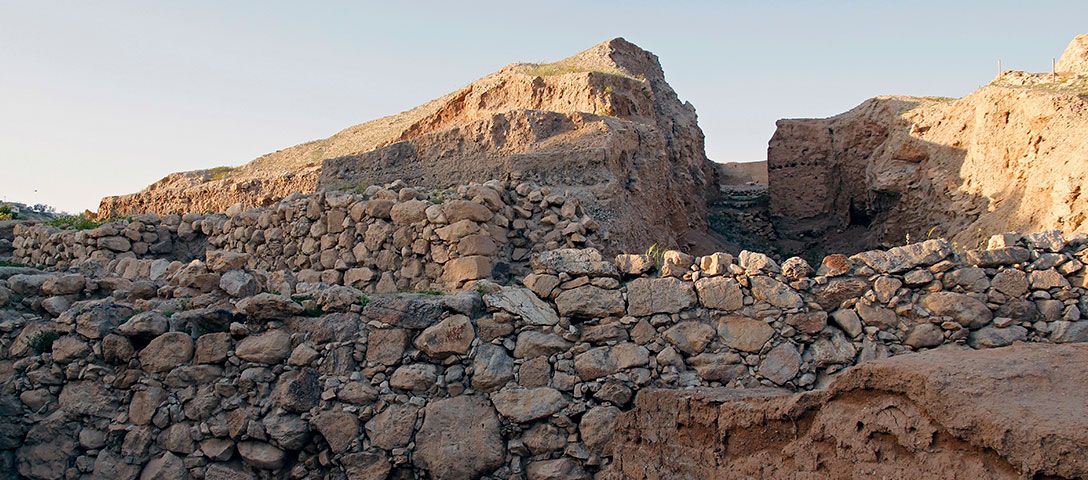Human beings have always had plenty of questions about our world, our planet, our universe, and all sorts of questions about our lives. The most notorious one is “where we come from?”. While the world’s greatest thinkers, philosophers, scientists, and other intelligent people are torturing their brains with it, we’ll shed some light on the oldest cities in the world.
That will help you find out where people used to get born and where society has been developing. This might be surprising, but these are still inhabited. So, you might discover that the place that you were living in, traveled to, or just have been around, has been established thousands of years ago. Read on to explore the ancient cities that still exist.
Jerusalem, Israel
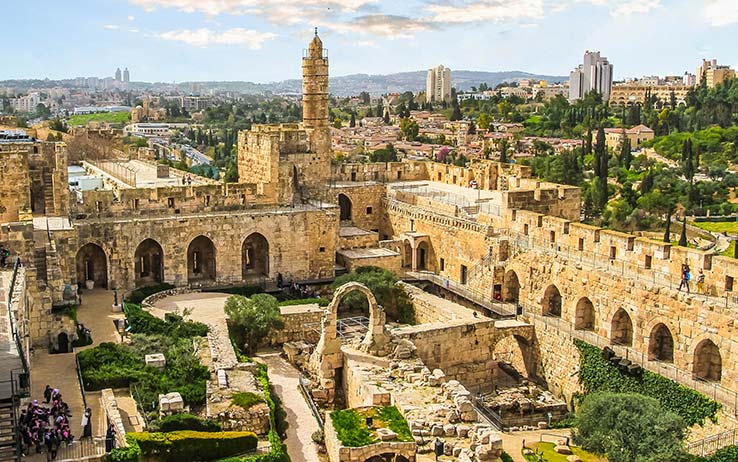
Jerusalem is one of the most ancient cities in the world that has been the site of major religious significance throughout its entire history. Since the early years from establishment, religions as Judaism, Christianity, and Islam have been coexisting in this region. Such religious edifices like Temple Mount (the holiest place in Judaism), The Church of the Holy Sepulchre (pictured as the place where Jesus rose from the dead in Christianity), and al-Aqsa Mosque (it is believed to be the place of ascendance of Muhhamad to heaven) depictures the religious mix of this city.
The oldest settlement in this area dates back to 2,800 BC. To get a glimpse of the historical ascendancy of the city as a religious site, head to the Old City and City of David. The walls of the Old City that were constructed between 1535 and 1542 year enclosure such landmark as the possible remains of Acra fortress that dates back to 168 BCE and represents a location of significant meaning for the Jewish culture and history.
Gaziantep, Turkey
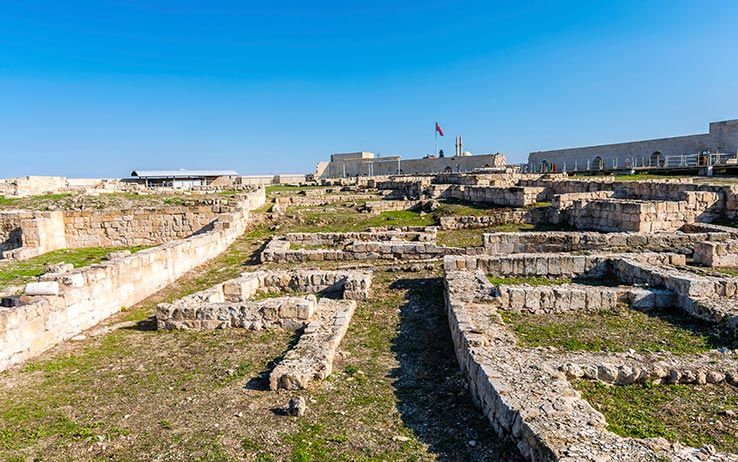
Looking at the nowadays Gaziantep, it is hard to believe this city flourishes on one of the oldest settlements, that is reported to be more than 5,670 years old. But, such historical sites as Ravanda citadel, Gaziantep Fortress, and such ancient treasure like the Zeugma Mosaics are proving that Gaziantep might be the oldest populated city in the world. Gaziantep, also, has a deep significance in the extended history of Turkey and the development of humanity.
Plovdiv, Bulgaria
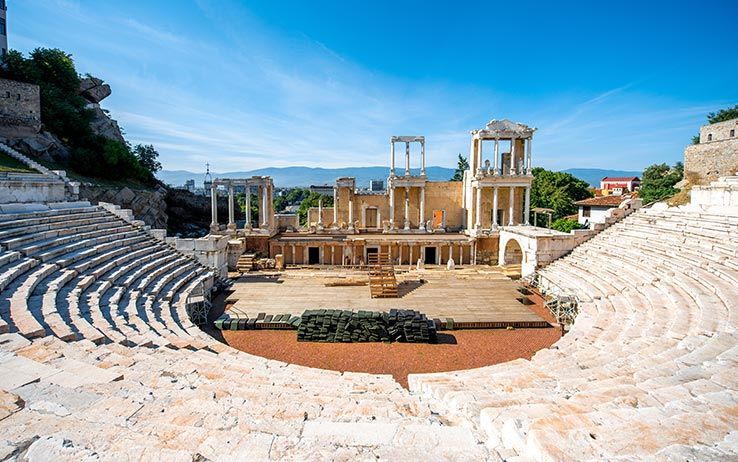
There is some evidence that the area has been inhabited since the 6th millennium BC, but the oldest settlement that is continuously inhabited dates back to 4,000 BCE. There have been found objects depicting the ancient lifestyle around Nebet Tepe, the hill where an ancient town was located.
In the present day, Plovdiv is the second-largest city in Bulgaria and one of the oldest cities in the world. In order to perceive the city's old vibes, there are such monuments around it like an ancient theater constructed in the 1st century AD, a stadium from the same era, and the ruins of an ancient fortress on the Nebet Tepe hill.
Sidon, Lebanon
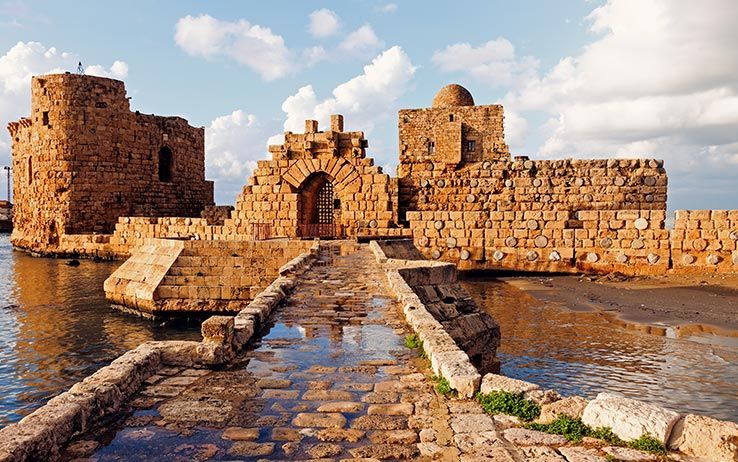
Once a prominent Phoenician city, Sidon is now both a historical and cultural site with major significance. Being inhabited and developing along 6 millenniums as a city, Sidon provides incredible evidence of some of the earliest settlements of the Mediterranian civilization that makes it one of the oldest occupied cities in the world.
Sidon’s ancient history is reflected in the Eshmun Temple, which is located in the northern part of the city near the Awali River. Like other ancient cities, it was heavily influenced by religion, hence, the temple was constructed out of religious motives. As a consequence, this place of worship was dedicated to the god of healing Eshmun as a way to praise the wealth and statue of the city.
Sidon is also mentioned in the Old Testament and by the famous author of the Iliad and the Odyssey, Homer, which adds to the historical, cultural, and social importance of the city.
Faiyum, Egypt
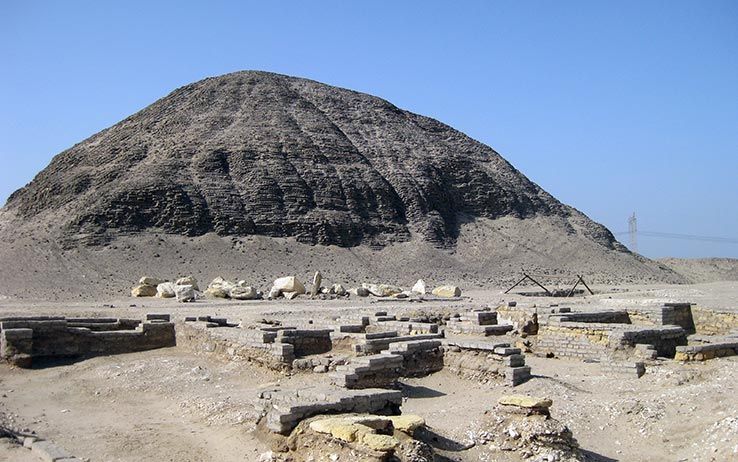
The modern city of Faiyum is settled on an ancient city called Crocodilopolis, a site with a strategic location. The ancient Pyramids of Senusret II and Hawara are some of the evidence that Faiyum has been inhabited since 4,000 BCE, making it one of the oldest cities of the world. Along with its history, the city has seen dynasties rising and sinking into oblivion. But now it is mainly a location of various bazaars, baths, and mosques.
Susa, Iran
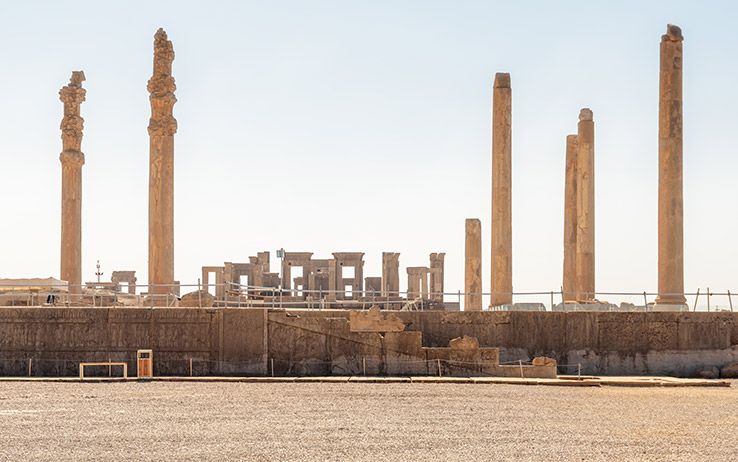
Another oldest inhabited city in the world is Susa. It is believed that Susa has been continuously inhabited from 4,395 BCE. No wonder it is since it has been an important site along with the history. The city had been obedient to the deity Inanna, and it has been mentioned in such ancient writing like ‘Enmerkar and the Lord of Aratta,” a Sumerian account that dates back to the 21st century BC. Susa was also mentioned in the Hebrew Bible and in the Jewish Book of Jubilees, making it an important religious and cultural site.
The ruins of the Apadana Palace and the Acropolis is a great representation of the greatness of the city. Also, since the inhabitants were prominent and skilled ceramic makers, there have been discovered remains of the pottery that are more than 6,000 years old.
Damascus, Syria
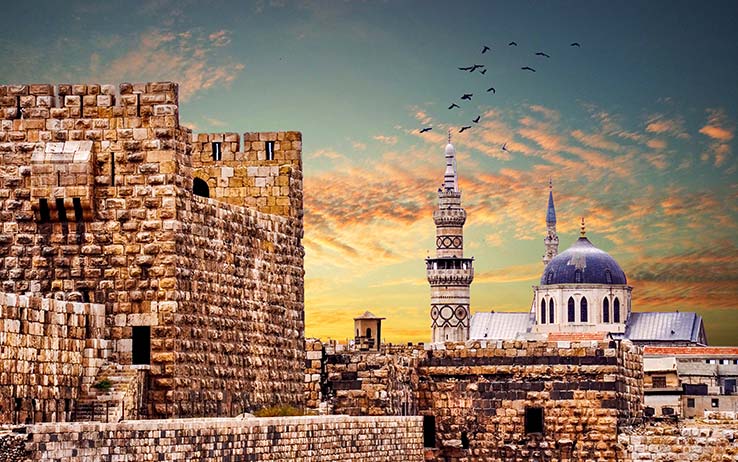
Some evidence shows that the oldest settlement is traced back to the middle of the 6th millennium BC. Others demonstrate that Damascus has been continuously inhabited on a large scale since the 2nd millennium BC. Nonetheless, it is the potential oldest continuously inhabited city in the world.
Damascus has always been a site of cultural and historical importance since it has been the region where many historical events have happened. From being a battleground in circa 1,260 BC, transitioning to the location of the development of warfare, Damascus has become an influential center that led the region to the transition from the Bronze Age to the Iron Age.
Aleppo, Syria
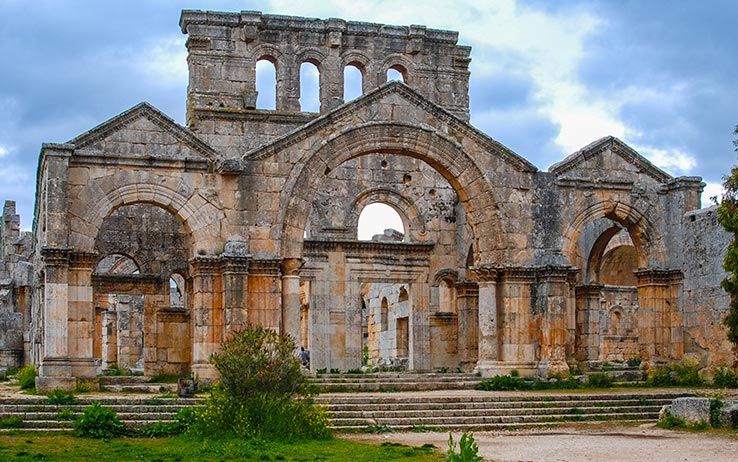
Another Syrian city that is considered to be the oldest town in the world is Aleppo. Just like Damascus, it is believed to be continuously inhabited since the 6th millennium BC, but archaeological excavations of the region and the founding in Tallet Alsauda prove that it was a major city that flourished throughout the history since 5,000 BC.
Mentioned in numerous ancient writings, Aleppo has been a city of cultural significance as it was a notorious trading center. The city is also a treasure for archaeologists since the ruins and other historical landmarks, such as the Church of St. Simeon and The Great Mosque, have been preserved very well, which gives the possibility to explore the development of the region throughout history.
Byblos, Lebanon
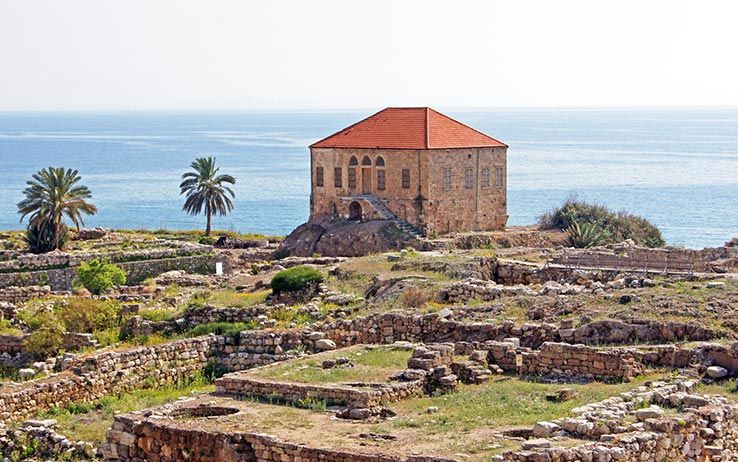
Archaeological excavations in the region brought some evidence that Byblos has been occupied more than 9,000 years ago and has been continuously inhabited since 5,000 BC, making it the oldest continually inhabited city in the world. Thanks to the numerous historical landmarks, the city is also a UNESCO World Heritage Site.
According to the writings of Philo of Byblos, the site might be the oldest known city in the world as it was believed to be established by the mythological God of time, Cronos. The Neolithic remains around the site are providing some evidence that it might be the truth.
In the present day, Byblos is a city that provides an exceptional opportunity to discover the ancient times of the region, making it the jewel on any tourist travel map.
Jericho, Palestinian Territories
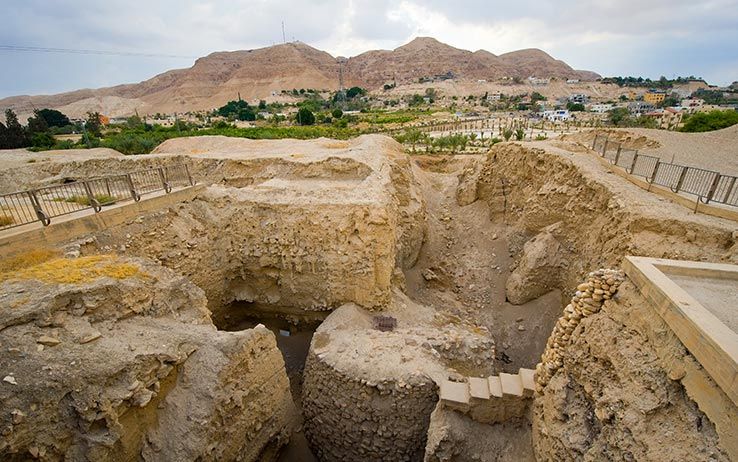
Described in the Hebrew Bible as the “city of palm trees,” Jericho is crowned as the oldest continuously inhabited city in the world on our list since substantial evidence shows that the first settlement had been established around 11,000 years (9,000 BCE) ago. Humans were attracted by this place as a consequence of its strategic position. Life has always flourished in this place as it is located on the source of copious springs.
Such archaeological findings as dwelling foundations and Tower of Jericho at Tell es-Sultan and pottery found around the city depicts the level of development and the lifestyle of the inhabitants, which is a significant source of information about the human heritage.
This is all for this blog post. Hopefully, we solved one of the questions you may have, and the knowledge about what the world's oldest known city is, perhaps, will make you travel to these places and explore them.
Last Updated on January 3, 2020.
